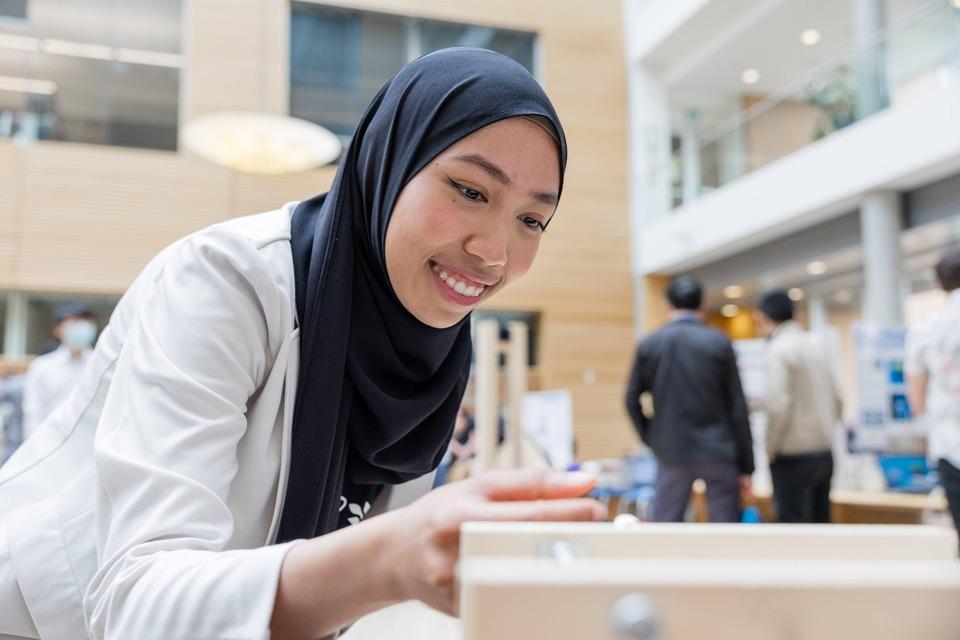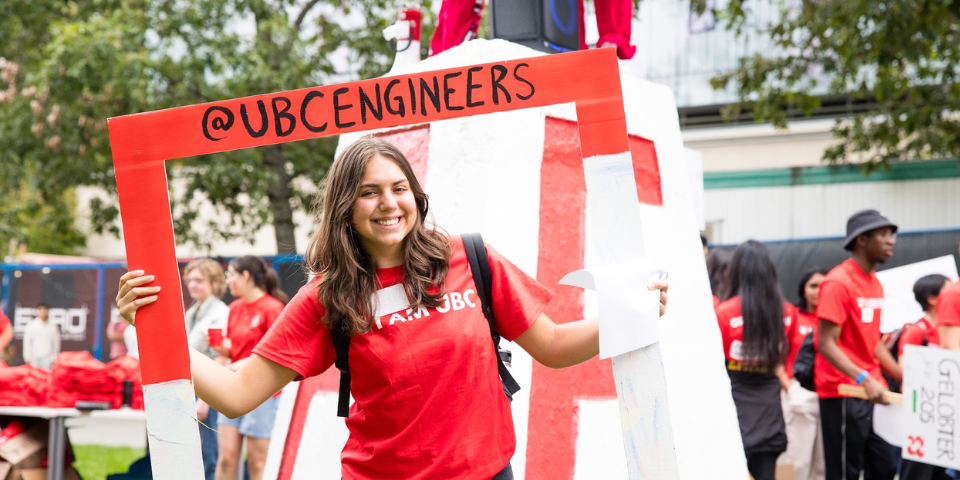Here's why engineering is a degree that equips you to be a successful leader.

Think about the leaders you respect – a coach, teacher or the head of a company or community organization. No matter what their field, they likely share a certain perspective on life that makes them want to help others and make a difference.
These are the people who have a vision for how to make things better – and a plan for how to do it. They have the knowledge and problem-solving skills to come up with practical solutions to improve how something is done. Their enthusiasm and energy bring people together and motivate them to work toward a shared goal.
And guess what? These are the qualities that also define an engineer.
Engineers solve problems
If there’s one quality that defines an engineer, it’s the ability to solve problems – including those that may at first seem unsolvable! Engineers are trained to figure out how to make things better, whether that’s a product, a new technology or a process. They learn how to approach challenges and use their critical-thinking skills to explore possible solutions. Knowing how to do this is useful in all areas of life, particularly when you are in a leadership position.
UBC Engineering can help you become a great engineer and a great leader
As a UBC Engineering student, you’ll develop the skills that will help you become a leader. And it all starts on day one! The foundation year gives you a well-rounded education in the fundamentals of chemistry, math, physics and communication. It also includes an engineering class in your first and second semester where you will learn how to think like an engineer and apply your knowledge to real-world problems.

You’ll then choose from one of UBC’s 14 specialized engineering programs. This is where you’ll develop and hone your problem-solving and critical-thinking skills. Collaborating with others will develop your strengths in communication, teamwork and leadership.
There are many other opportunities to gain experience as you develop your engineering and leadership skills. You might want to join one of more than 30 design teams, work as a co-op student, conduct research with faculty or start pursuing your entrepreneurial ideas.








